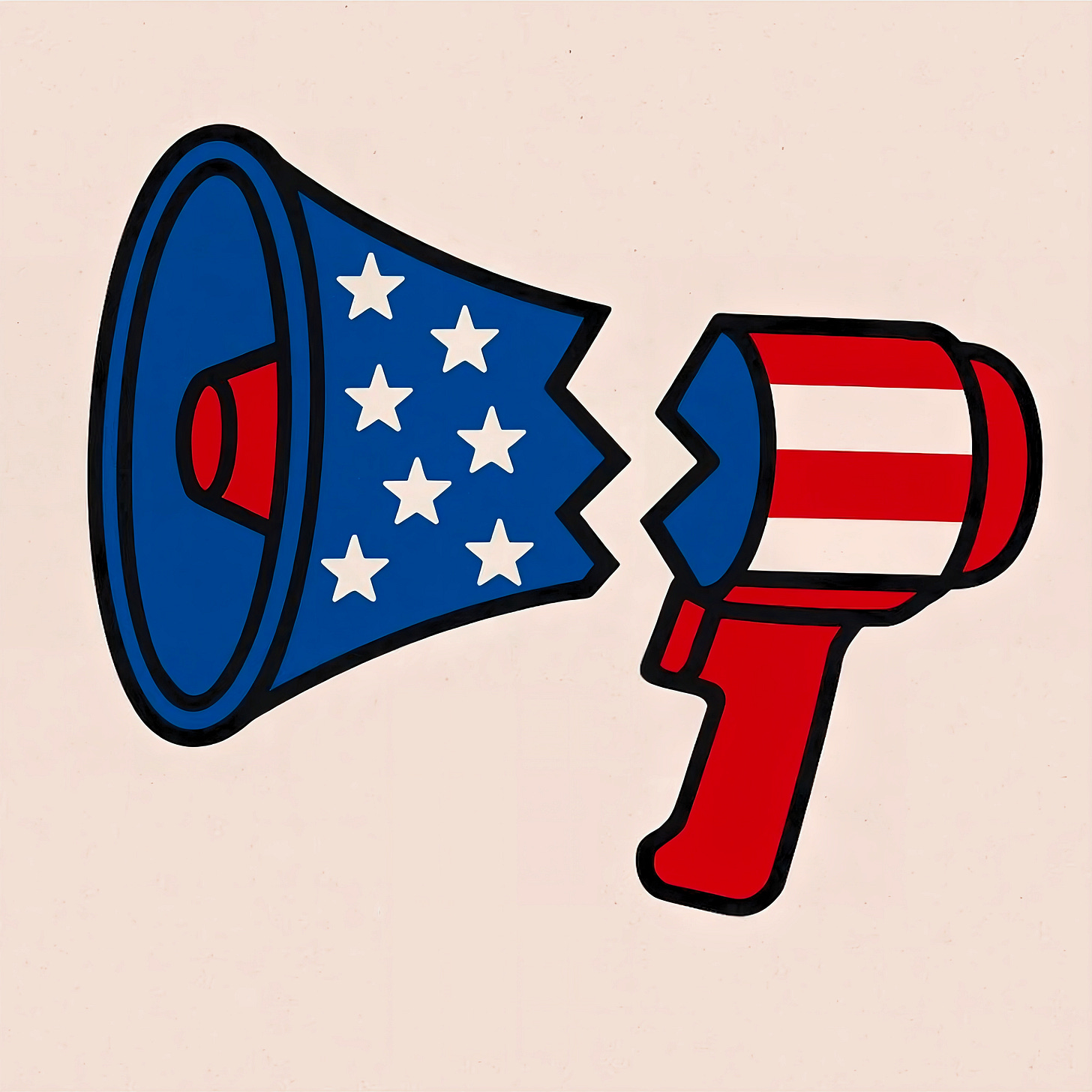Charlie Kirk: A Partisan Martyr
A turning point for the U.S.A. (but whereto?)
Why did Charlie’s death matter?
It was first and foremost a test. Could the United States, with all its internal strife, keep the peace after a gruesome, polarizing murder? Or would it descend into violence?
Murder is unjust. Injustice breeds vengeance.
That easily leads to more and more bloodshed.
But this was no ordinary political killing.
Charlie Kirk never held political office. If anything, he was a culture warrior. A prominent activist, but not a policymaker.
The shooter, Tyler Robinson, wrote that he had “enough of his hatred”. He targeted his “hateful” voice rather than his position of power.
More so than for his status, Kirk was executed for his opinions.
That makes this murder cultural, as well as political.
It is an extension of the culture war. According to his family, Robinson had adopted a far-leftist worldview. Texts to his transgender girlfriend revealed Robinson’s motive, whom he wrote: "some hate can’t be negotiated out".
This attack marks where cultural war might escalate into actual war.
Charlie opposed crossing that line.
His stances provoked visceral rage, but he supported anyone’s right to express theirs. Charlie was as supportive of the First Amendment as he was critical of abortion. He promoted free debate: for those with opposite views to hash it out within public discourse (not beyond it).
He could surely deliver a verbal beatdown, but those beatdowns remained verbal. He discouraged actual violence.
This sets him apart from the shooter and those who celebrated the murder.
Kirk’s style was blunt, but his idealism was sincere.
His reverence for free speech echoed the principle attributed to Voltaire: I disapprove of what you say, but I will defend (to the death) your right to say it. Sadly, this was exactly Charlie’s fate.
Partisan or not, that makes him a martyr because he died defending what he believed in.
America is in trouble.
Charlie’s death laid bare, dauntingly, how many Americans do not honour the same principle.
Some in the American media insinuated Kirk deserved his fate. Others in the digital space argued it explicitly. Free speech, in their mind, did not excuse “hate speech”.
Kirk, so they said, reaped what he sowed. As if the act of speaking should, in any case, bear the consequence of dying.
It revealed the dire state of American discourse.
Charlie did not preach violence. He vehemently contested others’ arguments, but channeled his antipathy through his voice. He punctured arguments, not bodies.
A young man’s inability to participate therein cost Charlie his life.
The far left violated his ideals, and so did the far right.
On the far left, influencers celebrated his death. On the far right, they exploited it to incite violence. Neither condemned the violence altogether.
To far-leftists, words are violence anyway - so they might as well resort to it during speaking events. To far-rightists, violence is required for the revolution they desire.
When debate dies and fights erupt, both extremes benefit - as they require social instability to further their causes.
Charlie was flawed, but admirable.
Like any Christian, he would agree that he was not as pure as his lord and Saviour.
He was neither Jesus nor Socrates. The banners at his events read “prove me wrong”, but his convictions were mostly dogmatic. Even if he was technically open to changing his mind, it rarely occurred.
Rather than change his mind, his discussions were a way to challenge political rivals. That is better than preaching to the choir, but not akin to public freethinking.
Still, he fostered lively debate, which deserves applause from conservatives and liberals alike.
His legacy deserves acknowledgement.
Anyone who cherishes freedom should salute what Charlie died for.
The philosophy he imparted: If you don’t like someone else's opinion, challenge them with yours. Do not back down, but do not use violence.
In other words: You should not be a violent brute, nor a self-censoring wuss.
Charlie was, in fact, neither - which made him widely beloved.



